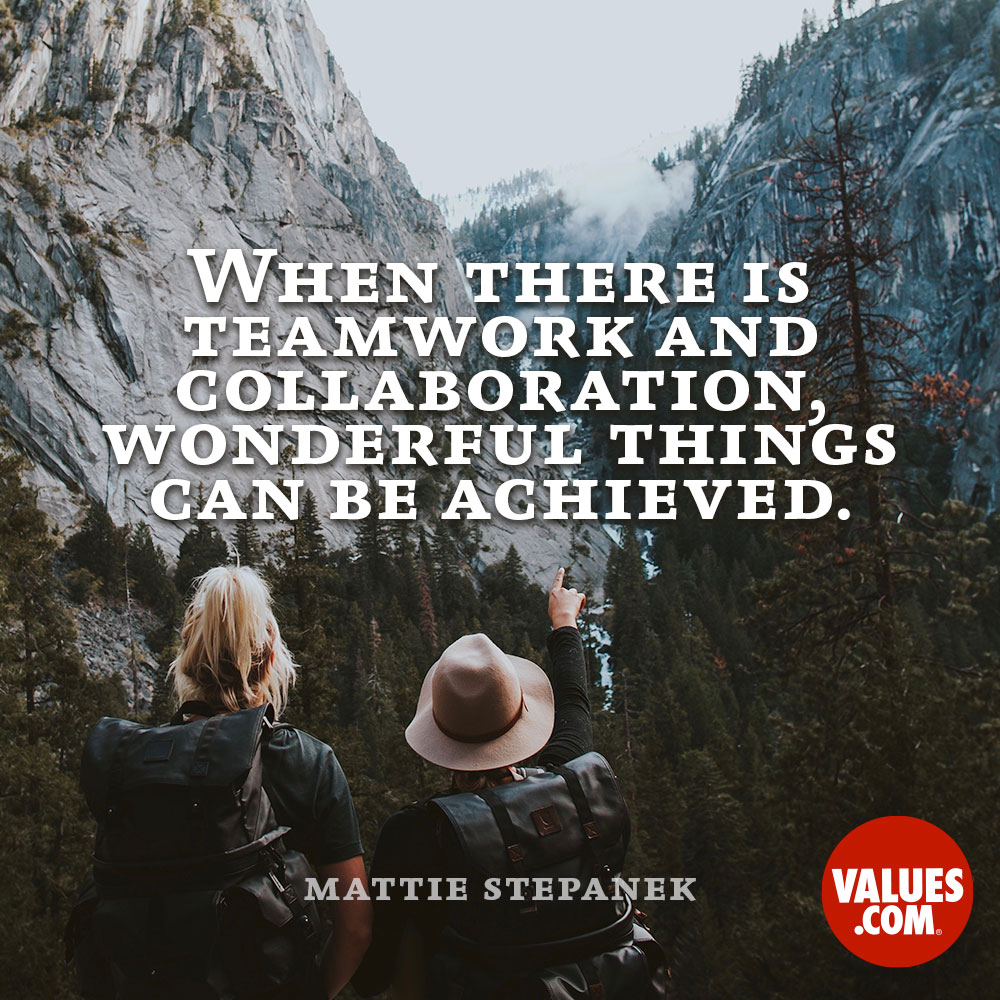Teamwork is one of the most vital competencies in most forms of employment and without it companies tend to fail.Even if you role seems highly independent and you perform most of it remotely or alone, you’ll still need to communicate with others about what you’ve done, and understand why you’re doing it in the context of the organisation as a whole.
Teamwork involves helping other members of your team to achieve a common goal quickly and effectively. This does not mean that if you are in an interview you cannot use an example of you being a leader within a team. In fact, this is highly recommended, as you can demonstrate your leadership skills, so long as you don’t portray yourself as arrogant.
Keys to Successful Teamwork
Team players need to be able to communicate verbally and using body language, on both emotional and intellectual levels, in a professional manner. Those who are effective at communication:
- Are able to explain their ideas
- Listen to others carefully and not always with an intent to reply
- Make efforts to express what their feelings are without sounding threatening
- Try to sense or understand how others feel, based on what they are saying or by their body language
- Ask questions whenever they want clarification or are uncertain about something
- Often reflect on events and interactions that took place and how things could have gone better (they try to learn from bad experiences)
- Avoid creating tension between others, and try to break tension rather than build on it
No matter the team or its reason for existing, humans are in the mix, and each team member brings along all of their baggage—for good and for ill. So, diverse people with different life experiences, different work experiences, and varying degrees of success working with former teams and the accomplishment of prior team missions converge around a new mission.
Their success depends on these factors.
- Support Skills.Team members can show support for one another in various ways: congratulating others in moments of achievement, or consoling in more trying times. It helps to look at other members of your team as collaborators rather than competitors. A huge part of support is the ability to respect one another.
- Problem-Solving Skills.Certain problem-solving skills entail a level of wisdom and experience, whereas others are based on analytical prowess. In all cases they are concerned with the capacity to assess a given situation and arrive at a positive outcome.
-
Conflict Management Skills.
- Agenda Setters: define and communicate strategic direction and priorities
- Integrators: ensure integration and make tradeoffs across units
- Execution Drivers: drive planning, execution, and accountability
- Talent Developers: attract, assess, develop, and retain talent
- Diplomats: build alliances internally and shape the external environment
- Role Models: shape the values, behavior, and culture of the organization
- Architects: design and transform the organization
- Trailblazers: foster organizational learning, innovation, and adaptation
- The team understands the goals
- Communication is open, honest, and respectful
- Team members have a strong sense of belonging to the group
- Team members are viewed as unique people
- Creativity, innovation, and different viewpoints are expected
- The team is able to constantly examine itself
- Participative leadership is practiced
- A nalyzing, and resolving teamwork problems
- Members of the team make high quality decisions together
Sample questions may include:
- What is your definition of a good team player?
- Do you consider yourself a good team player? Why or why not?
- Describe a situation where you were successful in getting people to work together effectively.
- A team member is annoying you on a daily basis and this is hampering your performance at work. How would you handle this situation?
- Describe a time when you were a member of a team and witnessed a conflict within the team. What did you do? What were the results? What could you have done better?
- What are some of your hobbies or extracurricular activities?
- Tell me about a time when you have had to modify yourself (or a way you did something) to take into account someone else’s views.
- Tell me about a situation when you needed to offer constructive criticism to a friend or team member?
Final Thoughts
A lot of people tend to think that teamwork skills are only excelled at by extroverts. While it may be true that extroverts can more easily mix with different people and verbally express themselves, in no way does this invalidate introverts. An introvert’s ability to listen, to empathise and to reflect also form an essential part of a team’s overall development and ability to thrive.
Teamwork skills can be mastered by all kinds of people, from all kinds of backgrounds, albeit some take longer than others. Teamwork skills are lifelong skills that need to be fine-tuned, improved and developed with experience.
